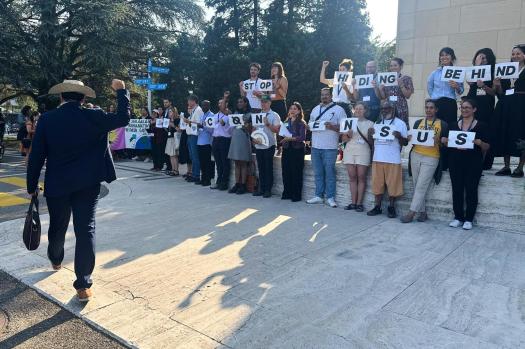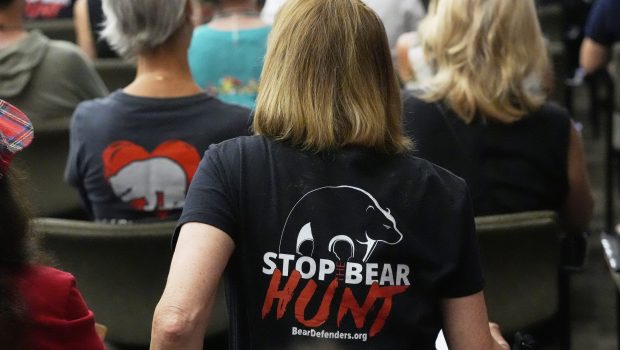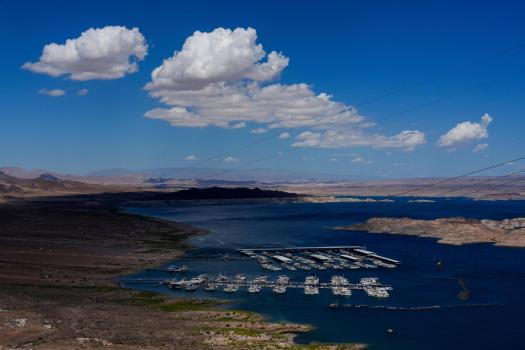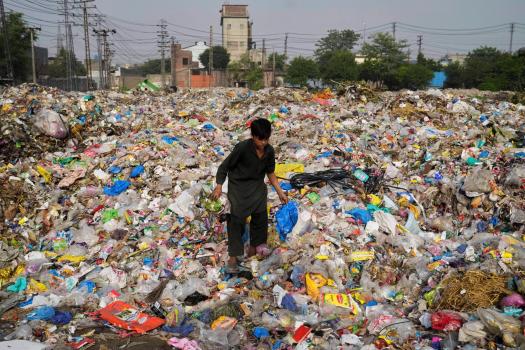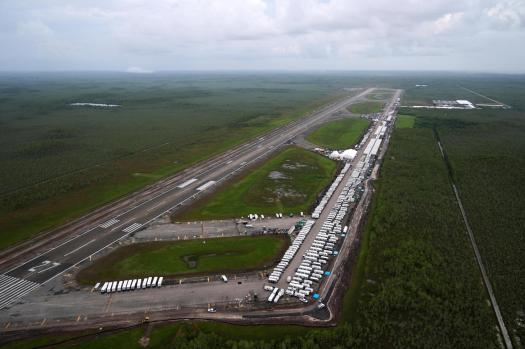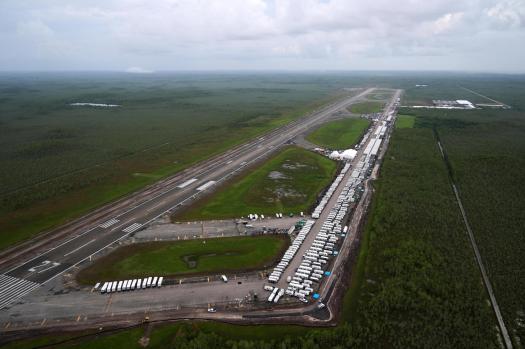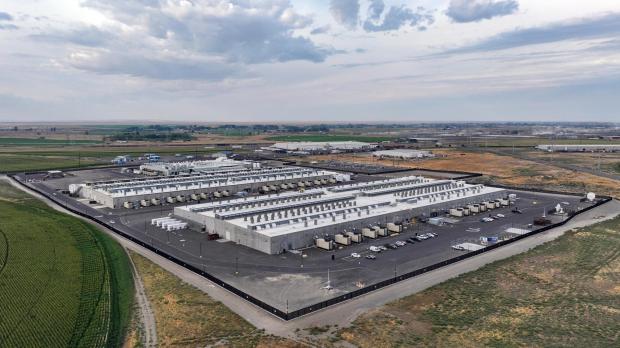Written by Jennifer Mcdermott
GENEVA (AP) In front of the United Nations offices in Geneva, where negotiations are underway for a worldwide agreement to eradicate plastic pollution, environmentalists and Indigenous elders held banners on Tuesday, urging countries to have the guts to sign a robust agreement.
The majority came from groups affiliated with the Break Free From Plastic movement. As the negotiations in Switzerland come to an end, they stated that they wanted their opinions to be heard. The first legally binding international agreement against plastic pollution is being drafted by nations.
New Zealander Juressa Lee, speaking on behalf of the Aotearoa Plastic Pollution Alliance, stated, “We’ve invested a lot into coming all the way to Geneva, away from our communities, away from our families, because we understand how important an issue this is and how crucial a moment this is.” The plastics treaty is a one-time event.
If a consensus cannot be achieved and the process gets stalled, they advised delegates to vote on the pact. Any suggestion must be approved by each country before it can be incorporated into the treaty.
The negotiations are expected to end on Thursday.
According to Brett Nadrich, a representative for Break Free From Plastic, the procedure has been violated thus far. Together with people who have been most affected, civil society leaders from all across the world are speaking with one voice: we must be brave, not give in, and change the process.
As he passed by, Juan Carlos Monterrey Gomez, the leader of Panama’s delegation to the negotiations, encouraged them.
He told The Associated Press, “We need that everywhere in the world.” We need people from other countries to urge their citizens to stand up for what they believe in. Do they represent big oil, their people, or themselves?
The main question is whether the convention should limit the production of new plastic or instead emphasize reuse, recycling, and better design. An attempt to include plastic production in the pact is being spearheaded by Panama.
Monterrey Gomez declared, “We’re going to be pushing until the end.” Because there cannot be a pact if there is no output.
Fossil fuels are used to make most plastic. Strongly opposed to the treaty’s inclusion of plastic production are powerful oil-producing nations.
A proposal spearheaded by Mexico and Switzerland for an article addressing harmful plastic items, such as single-use plastics and chemicals, has been gaining traction.
There is a recognition that plastics contain dangerous compounds, and that those plastics that are not necessary for daily life may be regulated and eventually phased out, according to Camila Zepeda, who is leading negotiations on that issue for Mexico.
According to Zepeda, negotiators work against the time during Tuesday meetings, which are quite rigorous.
Progress is gradual, she remarked. However, I hope we are still able to reach a consensus. Here in Geneva, I do see a desire to finish and get a result.
___
Several private foundations provide funding for the Associated Press’s coverage of the environment and climate. All content is the exclusive responsibility of AP. Visit AP.org to find funded coverage areas, a list of supporters, and AP rules for dealing with philanthropies.
